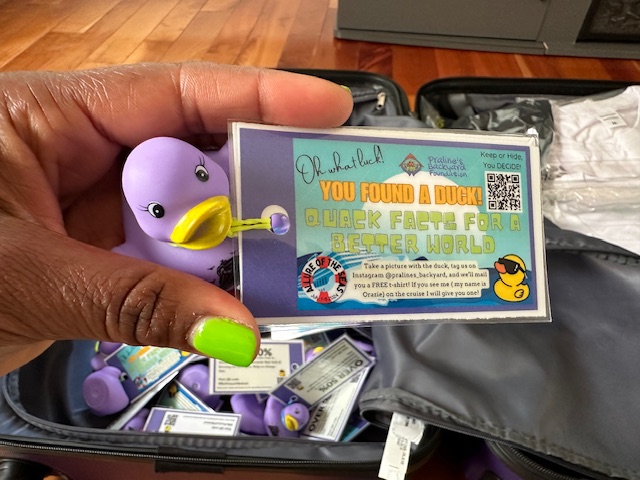As many as 48% of victims delay leaving a dangerous situation out of concern for their pet’s safety.
Washington, DC, October 3, 2022—In recognition of October asNational Domestic Violence Awareness Month, the Animal Welfare Institute (AWI) has released new research that identifies a lack of sheltering services around the country—including in some of the most populated counties—for pets of domestic violence survivors. Safe havens include humane societies, veterinary offices, foster homes, and shelters that help domestic violence survivors and their pets escape abusive situations.
Statistics show that 1 in 3 women and 1 in 4 men in this country have experienced some form of physical violence by an intimate partner. While there are no exact statistics for the number of companion animals who are injured, traumatized, or killed every year due to domestic violence, it is estimated to be in the tens of thousands. As many as 48% of victims delay leaving a dangerous situation out of concern for their pet’s safety.
According to AWI’s research, 2,251 US counties are safe haven “deserts,” meaning that they have zero safe havens. These include the populous Wake County in North Carolina; Collin County in Texas; and Riverside, Contra Costa and Fresno counties in California.
California also has the second-lowest number of safe havens per 100,000 people of all states (58, or .15 per 100,000), behind New Jersey (12, or .13 per 100,000).
Wyoming has the highest number of safe havens per 100,000 people (19, or 3.3 per 100,000), followed by Vermont (15, or 2.3 per 100,000). Population figures are based on 2021 US Census estimates; safe haven locations were pulled from AWI’s national database.
“There is a very well-established connection between domestic violence and animal abuse,” said Mary Lou Randour, AWI’s senior advisor for animal cruelty programs and training. “While some areas of the country have made strides in helping domestic violence victims find safety for themselves and their companion animals, this report should be a wake-up call for the biggest counties that fail to offer any safe havens within a reasonable distance.”
Last year, more than 70,000 adult and child survivors of domestic violence found refuge in emergency shelters, transitional housing, hotels, motels, or other housing provided by local domestic violence programs, according to the National Network to End Domestic Violence. An additional 31,000 domestic violence survivors received supportive services, including counseling, legal advocacy, and transportation.
Established in 2011, AWI’s Safe Havens Mapping Project is the largest, most up-to-date directory of safe havens nationwide, featuring approximately 1,200 sheltering services in all 50 states and the District of Columbia that are searchable by zip code and updated regularly. The directory has been accessed tens of thousands of times each year; it is also listed on the National Domestic Violence Hotline’s website. Although the directory is comprehensive, AWI acknowledges that it may not be an exhaustive listing of every safe haven across the country.
Safe havens operate differently from community to community. They can be independent nonprofit organizations or formal partnerships between domestic violence agencies and animal agencies or groups. Some rely on networks of foster care homes or are allowed to use the additional kennel space of a local humane society or veterinarian. In some cases, domestic violence shelters house survivors and pets together. Other facilities house only the pets on-site while domestic violence survivors are housed elsewhere.
As AWI continues to honor National Domestic Violence Awareness Month, Nancy Blaney, AWI’s director of government affairs, will be participating in a public webinar, “Forging Solutions for Human and Animal Abuse,” on October 14 at 3:30 p.m. To register, click here.
The Animal Welfare Institute (awionline.org) is a nonprofit charitable organization founded in 1951 and dedicated to reducing animal suffering caused by people. AWI engages policymakers, scientists, industry, and the public to achieve better treatment of animals everywhere—in the laboratory, on the farm, in commerce, at home, and in the wild. Follow us on Facebook, Twitter, and Instagram for updates and other important animal protection news.


